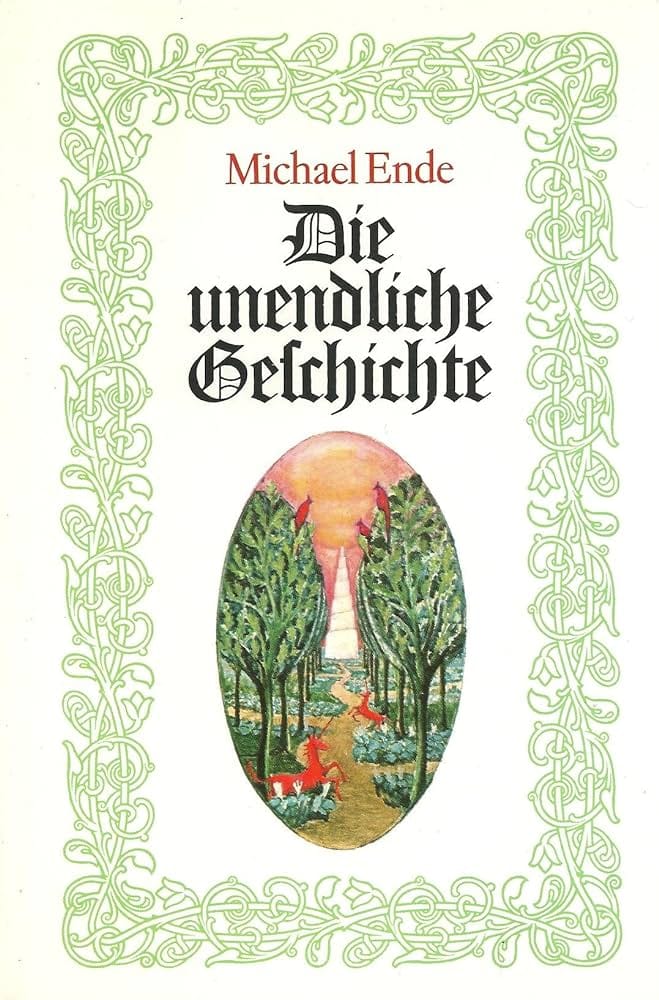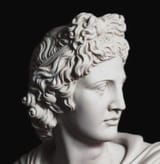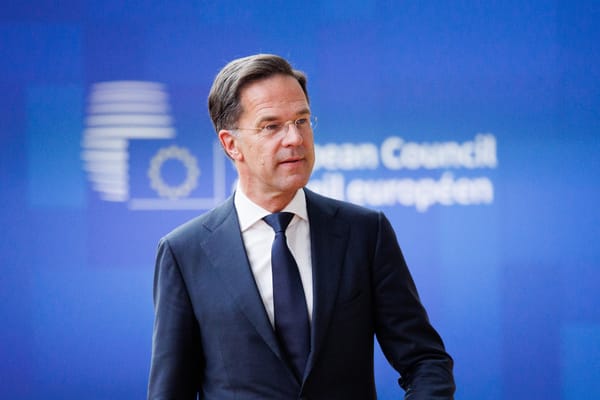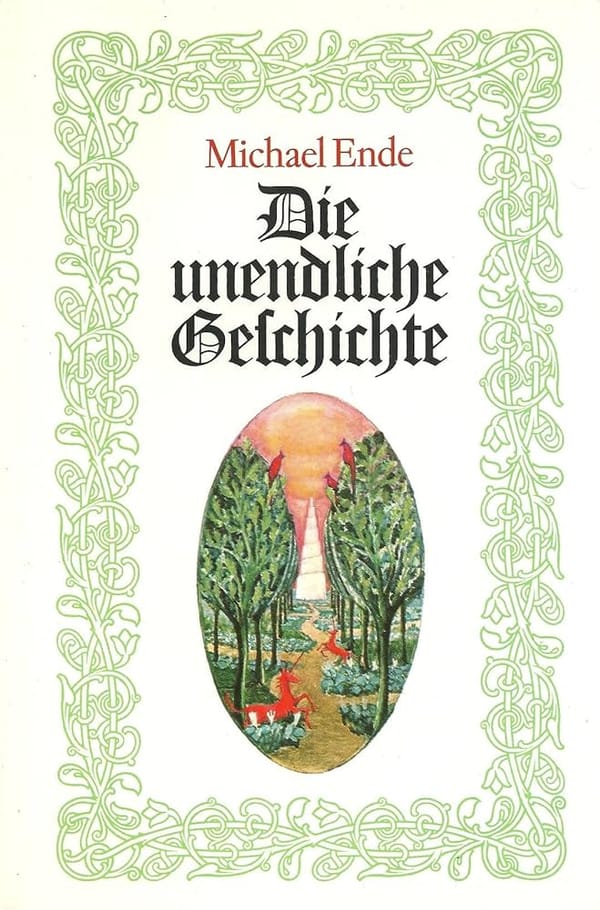The Never Ending Story - The Name Exchange, art. Nr. 1

The Neverending Story is complicated and fascinating. In these articles I will attempt to explore some of its obscene elements and enjoy the process of doing so.
The Neverending Story (Die Unendliche Geschichte) is a German fantasy novel written by Michael Ende and was first published in 1979. The book has been translated into a multitude of languages, the first English version being produced in 1983, and after widespread success within Germany, a cinematic adaptation was produced airing in West German Cinemas from 1984. While the movie can be described as a piece of corporate garbage only being upheld by its so-bad-it's-good props - Michale Ende called the movie a “gigantic melodrama of kitsch, commerce, plush, and plastic," its audio based counterpart captures some of the elements of the book very efficiently while also housing some incredible aspects; because The Never-ending Story can be called a lot of things, but it is, beside all of these attributes, extremely curious.
For me this story has been an unforgettable part of my childhood, in the form of a cassette-adaption of the book, released in 1984 and featuring a voice acted and shortened version of the novel while keeping its main elements. I remember that I reacted emotionally to it and that a lot of the content felt eerie and sometimes even scary but how I was nevertheless equally amazed by it every time I listened to it. It was a strange fascination, because I was never able to identify with the characters to any great extent, nor was I able to appreciate the confusing and complex structural components of the story, and so I would like to imagine that the fascination was one of purity. An appreciation like the one we have for the blue sky on a summer day.
I want to, during the course of a few articles, explore The Neverending Story based on these recordings which I hold very dear. Not from an emotional perspective but from a literary one and hopefully while doing so a philosophical one. My aim is not to understand what is happening in some objective sense - I would be judged by the very material I am looking at while doing so - but instead to explore ideas that have arisen in me while experiencing this masterpiece anew. It is noteworthy that while this coverage will try to be as accessible as possible while remaining concise, I can only encourage the reader to experience this audio-story by themselves. Because The Neverending story might be a children's story but it does some incredible things to be that; to be simple.
The recording begins with the protagonist, Bastian Balthazar Bux, an insecure, small and overweight boy stumbling into a bookstore after running away from his school-bullies. He is immediately rejected by the storeowner who tells him that he hates kids because of how loud and annoying they are “these days”, but nevertheless asks Bastian for his name, after which he remarks that it contains three B’s. Following this he introduces himself and we learn his name; Karl Konrad Koriander. Bastian replies that he has three K’s in his name and Mr. Koriander replies a little surprised, as if he had just made this realisation himself, that this is true. Here is the first curiosity of The Neverending Story, because to a large extent, its mechanism does not operate with the traditional steel cogwheel, robust and recognizable, describable with a diagram and producible with a machine. Instead this mechanism is unpredictable and indescribable. It relies on that which we can contribute no meaning to, for its meaning.
What then has happened in the instance where Mr. Koriander, after making a remark which acts only to solidify the realism of the story, is confronted by Bastians counter. I would argue something profound; because in this shortened version of a complicated story which can only be allowed to exist on a few tens of kilobytes, we have an exchange which is of such unnecessary nature that one has to stop and be fascinated. To suggest a few basic readings of this: Mr. Koriander states that he hates kids, but it is made clear that he does not live up to this self-identification. He never acts rude towards Bastian and we come to understand towards the very end of the book that he could not hate kids universally, because he has been a subject of the Neverending Story, meaning he has drank from the water of life and should be anything but blindly bitter. The question then becomes: does Mr. Koriander know that his hate for children is an illusion, or at the very least not a hatred to the degree he makes it out to be? I think here the name-exchange can bring light to a question which would otherwise remain in the dark. While these two events are in no way connected concretely, I think they share a nature which can tell us about Mr. Korianders relation to himself. Much like the exchange of names which enlightens Mr. Koriander, surprises him even, the confrontation with a child can be seen as being of a similar nature. Mr. Korainder is so to say being confronted with the fact that his conviction is untrue when forced to enact the persona he perceives himself to be.
Another more shallow (not in its negative sense) reading is that this encounter tells us about these two characters' unexpected similarity. Instinctively there is no strong bond between an adult and a child, especially when meeting in a place like this; not only is the child powerless in an absolute sense but also in a relative sense because of the environment in which they meet. However, this is questioned when the name exchange takes place and Bastian confronts the reader and Mr. Koriander with the similarity between the two. Furthermore we are provided with a reaction to this since Mr. Korianders apparent surprise communicates that we as the reader should not be surprised but at the very least, because of the unexpected nature of the confrontation, internalise this fact.




